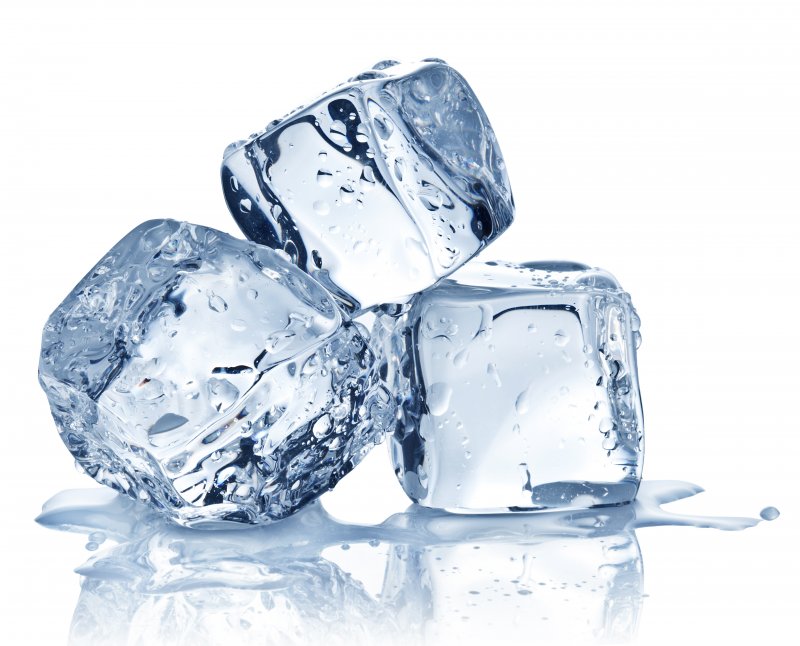
Would you chew on the gravel on the side of a driveway? Of course not! Everyone knows that those rocks would easily and painfully wreck your teeth with chips, cracks, and fractures. What many people don’t know is that water counts as a mineral when frozen. This means that chewing on ice is literally the same thing as chewing on a rock. Read on if you need any further explanation as to why you should quit chewing ice.
What Kind of Damage Can Chewing Ice Do?
While ice might seem harmless, chewing on it can lead to painful tooth problems, irreversible damage, and expensive dental visits. Here are a few ways it can hurt your teeth:
- Enamel damage: The enamel on your teeth is the hardest substance in your body, but even it has limits. Crushed shards of ice can behave like sandpaper against it, wearing it away and leaving your teeth more sensitive and vulnerable to infection and decay.
- Cracks, chips, or fractures: Your teeth are built for chewing food, and nothing the human body digests, not even the hardest of candies, is as hard and rigid as ice. Trying to crush an ice cube with your teeth may very well just crush your teeth instead.
- Jaw pain: Your jaw is just as poorly suited to chewing ice as your teeth. Chewing it can overwork the jaw, and this distress can lead to TMJ disorders involving anything from mild discomfort to miserable pain.
- Damage to existing dental work: Do you have braces? Crowns? Veneers? Dental bonding? Chewing ice can bend these out of shape or break them away from the tooth entirely. That can be a pain in the mouth and getting it fixed can be a pain in the wallet.
How Can I Minimize the Damage of Chewing on Ice?
Some people chew ice to help with a dry mouth or wean them off a tobacco habit. Unfortunately, there is no completely safe way to chew ice, but you can minimize the damage by sticking to the finely shaved variety like that in sno-cones. You might also consider switching to popsicles or cold drinks.
A dentist appointment can help repair damage caused by chewing ice while also providing other services to preserve your dental health. Keeping up with your biannual dental visits will do much to keep your smile whole and beautiful for a lifetime.
About the Author
Dr. Karen Ho earned her doctorate at the University of the Pacific School of Dentistry. She is a member of the Spear Study Club, the American Dental Association, the California Dental Association, and the Academy of Biomimetic Dentistry. Her office provides services such as general, cosmetic, emergency, and restorative dentistry. If you’re interested in treatment for any damage related to ice-chewing, contact her office online or dial (408) 558-9444.
 Call
Call